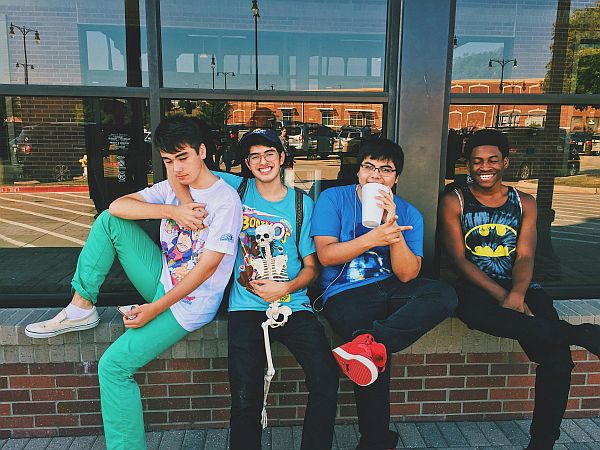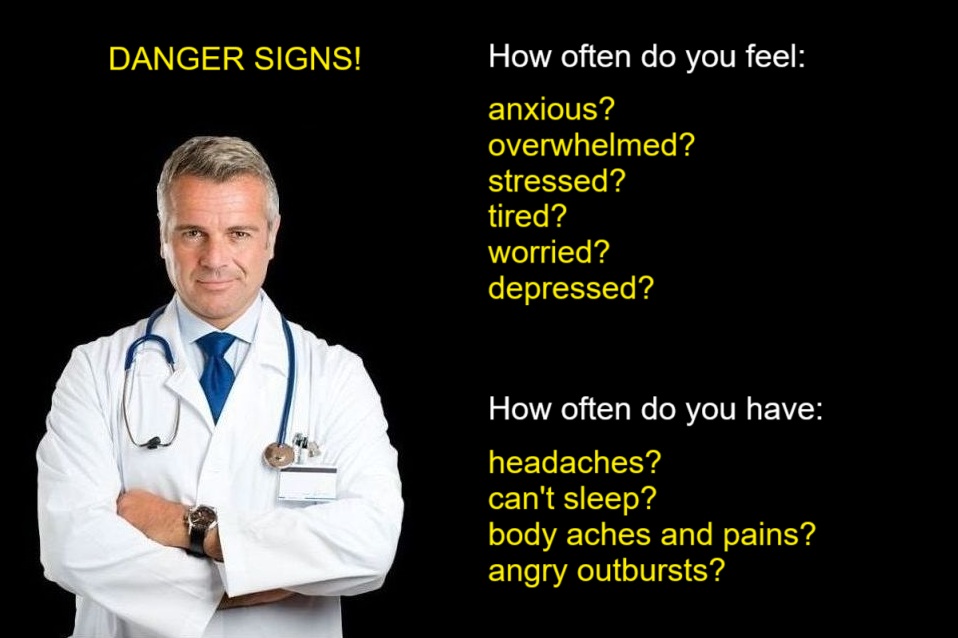In a world where focus can feel like a fleeting dream, young adults with ADHD symptoms are turning to an unexpected ally: music. Far from being just background noise, music is emerging as a powerful tool for cognitive and emotional self-regulation among those navigating the challenges of Attention-Deficit Hyperactivity Disorder (ADHD). A groundbreaking study, published in August 2025, dives deep into the unique ways individuals with ADHD harness music to enhance concentration, manage emotions, and even cope with the phenomenon of “stuck songs” that loop relentlessly in their minds. This research, conducted by analyzing a decade of online discussions and musical data, reveals that music isn’t just entertainment—it’s a strategic lifeline for many.
The ADHD-Music Connection: A Decade of Insights
The study, conducted by a team of researchers analyzing user-generated content from the Reddit r/ADHD community between 2014 and 2024, offers a fresh perspective on how young adults with ADHD symptoms engage with music. By employing advanced computational techniques, including large language models like Gemini 1.5 Pro and LLAMA 3.1, the researchers sifted through 9,215 music tracks mentioned in 935 posts, categorizing them into three distinct groups: focus music, stuck songs, and general-purpose music. These categories reflect the diverse roles music plays in the lives of those with ADHD, from aiding productivity to becoming an involuntary mental soundtrack.
ADHD, a neurodevelopmental condition affecting an estimated 5% to 7% of children and 2.5% of adults globally, is characterized by symptoms such as inattention, hyperactivity, and impulsivity. The past few decades have seen a dramatic rise in ADHD diagnoses, with some countries reporting up to a 50-fold increase in medication prescriptions. This surge has sparked debates about diagnosis practices and treatment approaches, pushing researchers to explore non-pharmacological strategies like music to support those affected.
Focus Music: A Cognitive Anchor
For many young adults with ADHD, maintaining focus during tasks like studying or working can feel like wrestling with a restless mind. The study found that 208 posts specifically discussed “focus music,” highlighting how individuals deliberately choose tracks to enhance concentration and manage tasks. Unlike their neurotypical peers, those with ADHD symptoms often prefer instrumental music with high energy and low speechiness—think ambient electronica or classical compositions without lyrics. These tracks, characterized by their steady rhythms and minimal vocal distractions, act as a cognitive anchor, helping to drown out internal noise and external distractions.
Statistical analysis revealed that instrumentalness had the largest effect size across the three music categories, with focus music showing a strong preference for tracks with minimal or no lyrics. For example, genres like lo-fi hip-hop, which has surged in popularity on platforms like Spotify and YouTube (with over 1.2 billion streams globally in 2024, according to Spotify Wrapped data), are frequently cited in ADHD communities for their repetitive beats and calming effects. One Reddit user described lo-fi as “a warm blanket for my brain,” allowing them to stay on task for hours—a sentiment echoed across the dataset.
This preference aligns with the Cognitive Capacity Hypothesis, which suggests that individuals with ADHD have limited attentional resources that are easily overwhelmed. Music with predictable structures and low cognitive demand can occupy just enough mental space to prevent distractions without overloading the brain. The study also noted a small positive correlation between energy and danceability in focus music (r = 0.12), suggesting that slightly upbeat tracks can boost motivation without disrupting concentration.
Stuck Songs: The Earworm Epidemic
On the flip side, the study identified 224 posts discussing “stuck songs”—those catchy tunes that loop endlessly in the mind, a phenomenon particularly pronounced among individuals with ADHD. These repetitive musical thoughts, often referred to as earworms, can be both a blessing and a curse. While some find them energizing, others describe them as intrusive, disrupting focus and sleep. The research found that stuck songs tend to have higher valence (a measure of emotional positivity) and danceability, with pop anthems and upbeat electronic tracks frequently mentioned. For instance, songs like The Weeknd’s “Blinding Lights” (which topped global charts with 4.2 billion streams in 2024) were cited for their sticky, high-energy hooks.
The study’s correlation analysis revealed a medium-to-large correlation between danceability and valence in stuck songs (r = 0.41), indicating that these tracks are often emotionally uplifting and rhythmically engaging. However, their repetitive nature can exacerbate ADHD symptoms like inattention, as the brain struggles to disengage from the loop. One user shared, “I’ll have a song stuck in my head for days, and it’s like my brain is throwing a party I didn’t RSVP to.” This phenomenon may be linked to the dopamine-driven reward systems in the ADHD brain, which crave stimulation and latch onto catchy melodies.
General-Purpose Music: A Versatile Companion
The largest category, general-purpose music, encompassed 503 posts and reflected the broad, versatile ways young adults with ADHD integrate music into daily life. From mood regulation during commutes to emotional catharsis after a stressful day, this category showed the widest range of genres and purposes. Unlike focus music, which prioritizes instrumental tracks, or stuck songs, which lean toward pop, general-purpose music includes everything from heavy metal to classical to hip-hop. The study found that these tracks often serve as a form of emotional self-regulation, helping individuals navigate the intense mood swings that can accompany ADHD.
Sentiment analysis of lyrics revealed that young adults with ADHD often gravitate toward songs with themes of resilience and empowerment, such as Billie Eilish’s “Everything I Wanted” or Kendrick Lamar’s “HUMBLE.” These tracks, with their introspective and motivational lyrics, resonate with the emotional landscape of ADHD, where feelings of frustration and triumph coexist. The study noted a small negative correlation between valence and instrumentalness in this category (r = -0.21), suggesting that emotionally charged, vocal-driven songs play a significant role in mood regulation.
Why Music Matters for ADHD
The findings build on prior research, such as a 2024 study in Psychological Research, which showed that adults with ADHD who engage in long-term music practice—such as playing piano or guitar—exhibit improved cognitive performance, including better attention and impulse control. Music’s ability to modulate arousal levels aligns with the optimal stimulation theory, which posits that individuals with ADHD have lower baseline arousal and benefit from controlled external stimulation. By providing just the right amount of sensory input, music can elevate arousal to an optimal level, enhancing focus and emotional stability.
Moreover, the study’s insights resonate with real-world trends. In 2025, music streaming platforms reported a 15% increase in playlists curated specifically for “focus” and “productivity,” with Spotify’s “ADHD Focus” playlist amassing over 500,000 followers. YouTube channels like ChilledCow, home of the iconic “lo-fi hip-hop radio” livestream, saw viewership spike to 1.3 million concurrent viewers during peak study hours. These trends underscore music’s growing role as a non-pharmacological tool for managing ADHD symptoms, especially as concerns about overmedication persist.
Looking Ahead: Music as a Therapeutic Frontier
The study opens new avenues for exploring music as a therapeutic intervention for ADHD. While traditional treatments like medication and behavioral therapy remain cornerstones, their limitations—such as side effects and incomplete symptom relief—have fueled interest in alternatives. Music therapy, already used for conditions like autism and Parkinson’s, could be tailored for ADHD, leveraging its ability to enhance attention and regulate emotions. The researchers suggest future studies explore personalized music interventions, using AI to curate playlists based on individual cognitive and emotional needs.
However, challenges remain. The study noted inconsistencies in how ADHD is diagnosed and the potential influence of comorbidities, such as anxiety or depression, on music preferences. Gender differences also warrant further exploration, as women with ADHD may gravitate toward different genres or use music differently than men. Despite these limitations, the findings offer hope that music, an accessible and universal medium, can empower young adults with ADHD to navigate their challenges with greater ease.
A Soundtrack for Resilience
For young adults with ADHD, music is more than a pastime—it’s a lifeline. Whether it’s the steady hum of lo-fi beats anchoring a study session, the relentless loop of a pop song sparking joy, or the raw emotion of a hip-hop track mirroring their struggles, music offers a unique way to manage the complexities of ADHD. As one Reddit user put it, “Music doesn’t just help me focus—it makes me feel like I can take on the world.” In a society increasingly aware of neurodiversity, this research highlights music’s potential to transform lives, one note at a time.












